#World Literature
Explore tagged Tumblr posts
Text
Hi my name is Don Quixote of La Mancha the Knight of the Rueful Figure and I have a rueful figure (that's how I got my name) with purple bruised ribs and tall stature and gaunt features and hair turning gray and a rather hooked aquiline nose and large black drooping mustaches and a lot of people tell me I look like Amadís of Gaul (AN: if u don’t know who he is begone!). I’m not related to Lady Oriana but I wish I was because she’s an incomparable flowering beauty. I’m a knight errant but some of my teeth and grinders are missing. I have long lank limbs. I’m also a defender of damsels, protector of orphans, succourer of the needy, righter of wrongs, undoer of injustice, and I wander a magic countryside called the mountains of Spain where I’m in my first year of knighthood (I’m forty-nine). I’m a gentleman (in case you couldn’t tell) and I wear mostly armor. I love my great-grandfather's forgotten corner of the house and I cobble together all my clothes from there. For example today I was wearing a doublet of fine cloth with matching shoes and velvet breeches and a helmet, morion, visor, breastplate and backpiece. I was riding outside La Mancha. It was early morning so the rays of the sun fell obliquely and the heat did not distress me, which I was very happy about. A lot of giants stared at me. I put up my pasteboard visor at them.
#surprise bitch#I bet you thought you'd seen the last of me#thinking of bringing this account back#think 2024 needs it#PS I wnot update ubtil u give me goood revows!#not a sonnet#don quixote#miguel de cervantes#literature#my immortal#fanfic#five good revoiws and i sonnet the original my immortal intro#ten good reieuoiws and I keep writing this nonsense?#tara gilesbie#world literature#books#throwback#fanfiction#poetry?#knight#chivalry#knightposting#knightcore#armor#17th century#slay#ladies#historical#medieval#unholy
4K notes
·
View notes
Text
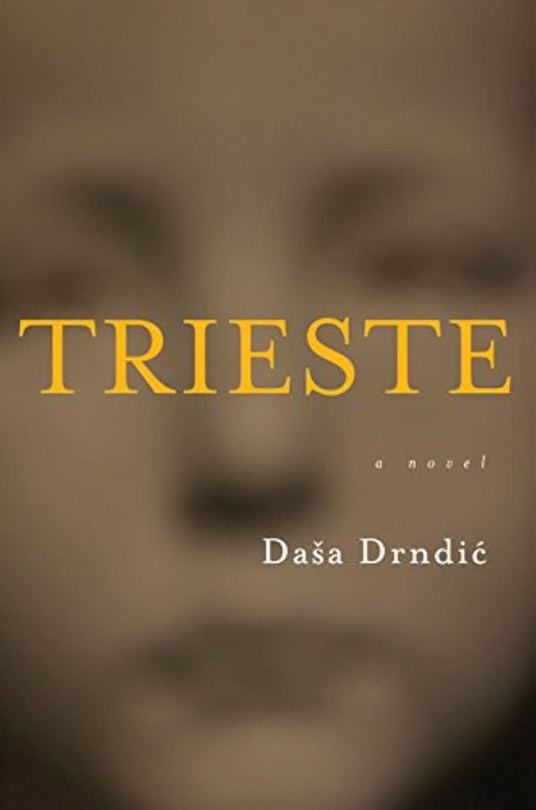
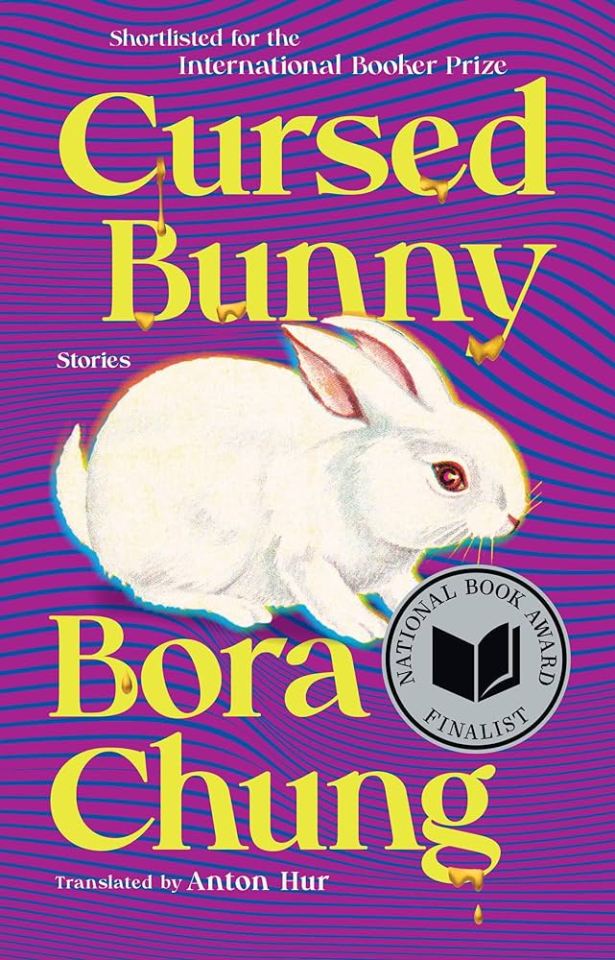
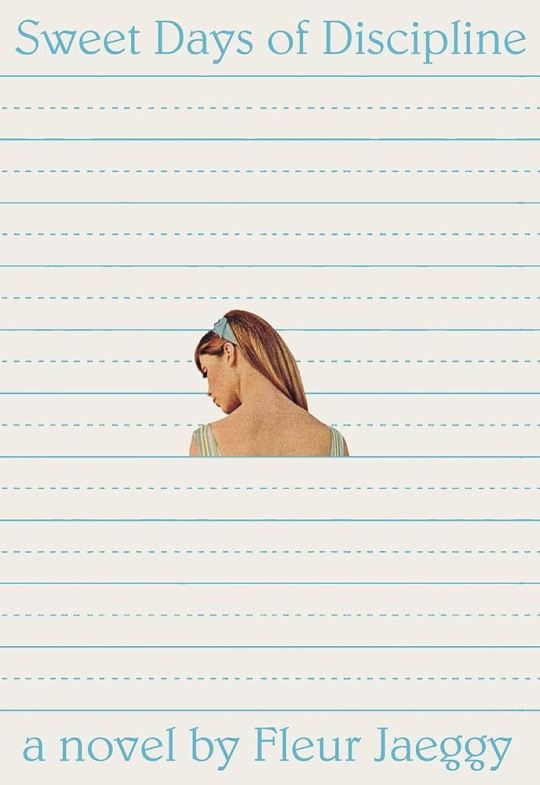
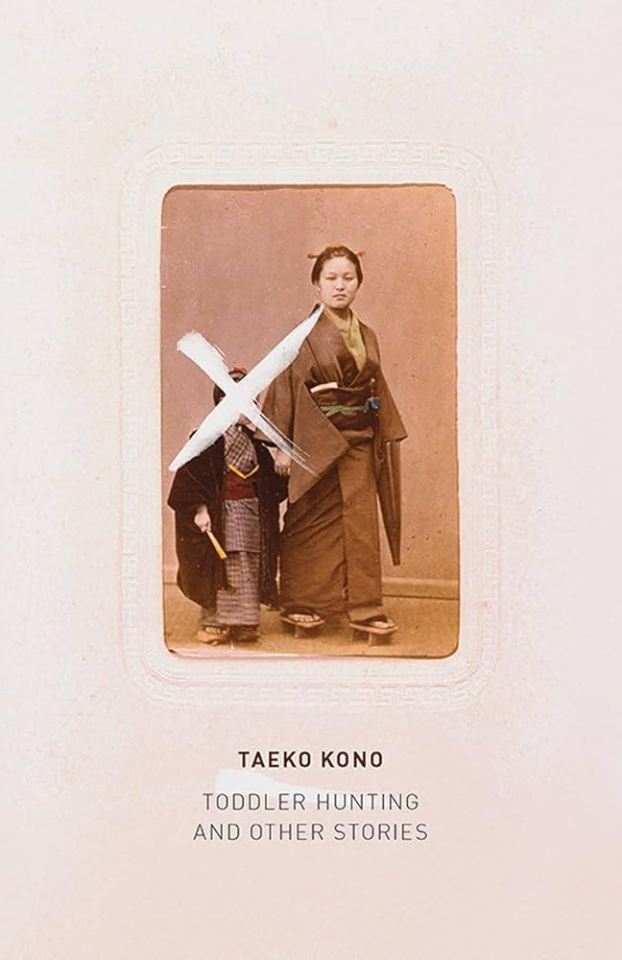

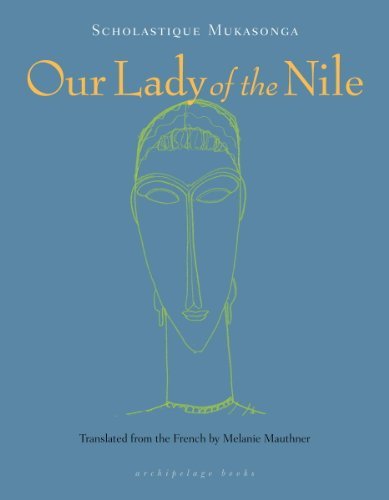
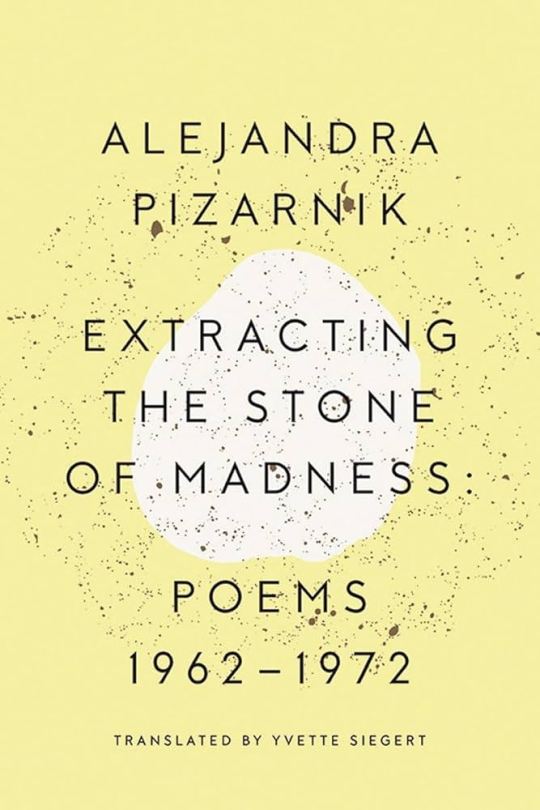
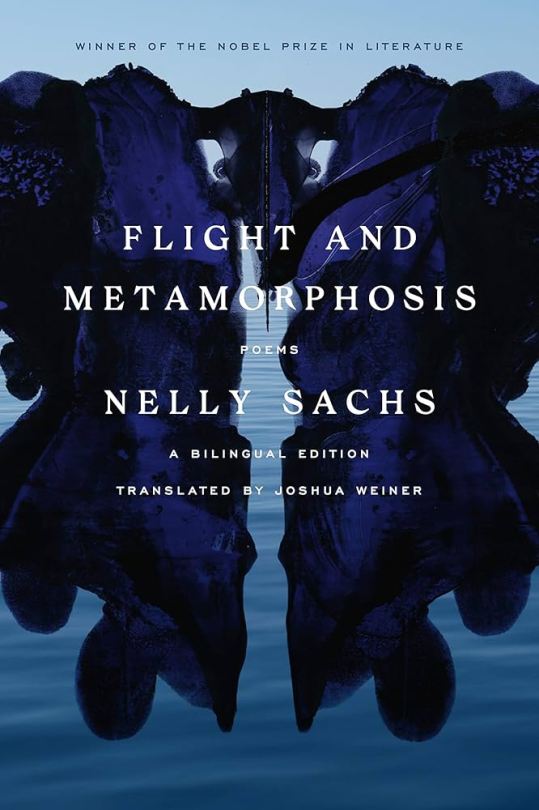
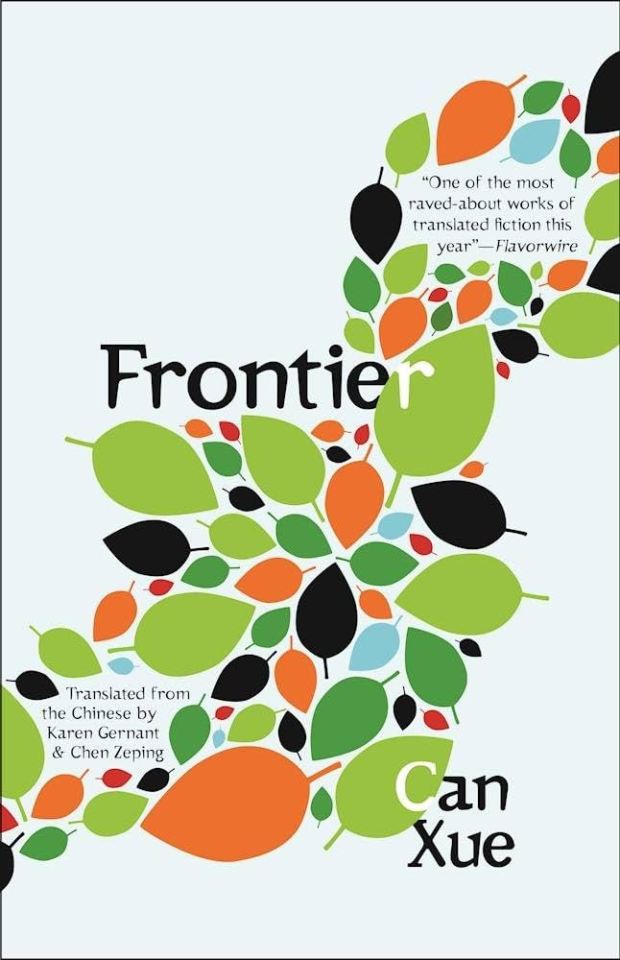
Hi friends! Inspired by @librarycards I wanted to make a post celebrating Women in Translation Month! Anglophone readers generally pay embarrassingly little attention to works in other languages, and that's even more true when it comes to literature by women, so I will jump at any chance to promote my faves 🥰 Here are some recs from 9 different languages! Also, I wrote this on my phone, so apologies for any typos or errors!
1. Trieste by Daša Drndić, trans. Ellen Elias-Bursać (Croatian): An all-time favorite. Much of Drndić's work interrogates the legacy of atrocities in Europe, particularly eastern Europe. Trieste is a haunting contemplative novel centered on an elderly Italian Jewish woman whose family converted to Catholicism during the Mussolini era and were complicit in the fascist violence surrounding them in order to protect themselves.
2. Cursed Bunny by Bora Chung, trans. Anton Hur (Korean): A collection of short stories that are difficult to classify by genre–speculative fiction in the broadest sense. The first story is about a monster in a woman's toilet, which sounds impossible to pull off in a serious, thought-provoking manner, but Chung does so easily—these are the kind of stories that are hard to explain the brilliance of secondhand.
3. Sweet Days of Discipline by Fleur Jaeggy, trans. Tim Parks (Italian; Jaeggy is Swiss): Another all time favorite! The cold, sterile homoerotic girls' boarding school novella of your dreams.
4. Toddler-Hunting and Other Stories by Taeko Kono, trans. Lucy North (Japanese): I think I read this in one sitting. Incredibly unsettling—these stories will stay with you. They often focus on the unspoken psychosexual fantasies underscoring mundane daily life.
5. The Complete Stories by Clarice Lispector, trans. Katrina Dodson (Brazilian Portuguese): I think Lispector is the best known writer here, so she might not need much of an introduction. But what a legend! And this collection is so diverse—it's fascinating to see the evolution of Lispector's work.
6. Our Lady of the Nile by Scholastique Mukasonga, trans. Melanie L. Mauthner (French; Mukasonga is Rwandan): Give her the Nobel! Mukasonga's books, at least the ones available in English, are generally quite short but so impactful. Our Lady of the Nile is a collection of interrelated short stories set at a Catholic girls' boarding school in Rwanda in the years before the Rwandan genocide. These stories are fascinating on many levels, but perhaps the most haunting element is seeing how ethnic hatred intensifies over time—none of these girls would consider themselves particularly hateful or prejudiced, but they easily justify atrocities in the end.
7. Extracting the Stone of Madness: Poems 1962-1972 by Alejandra Pizarnik, trans. Yvette Siegert (Spanish; Pizarnik was Argentinian): Does anyone remember when my url was @/pizarnikpdf... probably not but worth mentioning to emphasize how much I love her <3 Reading Pizarnik is so revelatory for me; she articulates things I didn't even realize I felt until I read her words.
8. Flight and Metamorphosis: Poems by Nelly Sachs, trans. Joshua Weiner (German): Sachs actually won the Nobel in the 1960s, so it's surprising that she's not better known in the Anglosphere. Her poems are cryptic and surreal, yet deeply evocative. Worth mentioning that this volume is bilingual, so you can read the original German too if you're interested.
9. Frontier by Can Xue, trans. Karen Gernant and Chen Zeping (Chinese): Can Xue is another difficult-to-classify writer in terms of genre. Her short stories are often very abstract and can be puzzling at first. I think Frontier is a great place to start with her because these stories are interconnected, which makes them a bit more accessible.
83 notes
·
View notes
Text
I'm a bridge, and you are a river,
I'm same, still stand there,
but you have changed.
at least come back for once at the old way....
even though come for quarrel..

#fake love#love quotes#lovers#love#long distance relationship#relationship#poets on tumblr#poetry#writers on tumblr#poem#poetic#writers and poets#literature#world literature#songs#song
79 notes
·
View notes
Text
As a Thanatos devotee, I normally tend to hate the story of Sisyphus. I however usually see the Greek tales as metaphors for how the Greeks saw elements of the world interact with any other. Finally I decided to put some thought into the tale of Sisyphus, and finally I understood. Sisyphus hid death from the world, and his punishment was the torture of repetition. It’s a metaphor for how valuable death, Thanatos, is for us. Ares freeing Thanatos was a metaphor for how without Death there is no glory or passion in life. Without Death, or change, we are all suffering in stagnant repetition.
#hellenic pagan#hellenic deities#hellenic gods#hellenism#hellenic polytheism#greek mythology#sisyphus#world literature#greek gods#hellenic polythiest#thanatos#thanatos devotion#Thanatos devotee
270 notes
·
View notes
Text

International fiction, 1940–2000
Choosing the final entries for this chart felt like an impossible task. Fortunately, my full web list currently features 170 notable works of literature originally written in languages other than English, leaving a little less room for second-guessing (and complaints).
#book list#book recommendations#book recs#world literature#translated literature#translated fiction#translated books
34 notes
·
View notes
Text







love it when I read 18th century chinese collections about the supernatural and the author just slaps some of the most timeless and profound sentences ever written in my face
#the shadow book of ji yun#this is just a small selection I highly recommend giving the book a read it's absolutely fascinating as well as emotional#ji yun#quotes#literature#chinese literature#humanity#words#the supernatural#paranormal#the unexplained#world literature#supernatural#nonfiction#Notes of the Thatched Abode of Close Observations#creative nonfiction#my posts#faves
43 notes
·
View notes
Text
‘Atticus said to Jem one day, "I’d rather you shot at tin cans in the backyard, but I know you’ll go after birds. Shoot all the blue jays you want, if you can hit ‘em, but remember it’s a sin to kill a mockingbird." That was the only time I ever heard Atticus say it was a sin to do something, and I asked Miss Maudie about it. "Your father’s right," she said. "Mockingbirds don’t do one thing except make music for us to enjoy. They don’t eat up people’s gardens, don’t nest in corn cribs, they don’t do one thing but sing their hearts out for us. That’s why it’s a sin to kill a mockingbird.‘

‘Before I can live with other folks I’ve got to live with myself. The one thing that doesn’t abide by majority rule is a person’s conscience.’
//
‘We know all men are not created equal in the sense some people would have us believe- some people are smarter than others, some people have more opportunity because they're born with it, some men make more money than others, some ladies make better cakes than others- some people are born gifted beyond the normal scope of men. But there is one way in this country in which all men are created equal- there is one human institution that makes a pauper the equal of a Rockefeller, the stupid man the equal of an Einstein, and the ignorant man the equal of any college president. That institution, gentlemen, is a court.’

‘I think I'll be a clown when I get grown,' said Dill. Jem and I stopped in our tracks. Yes sir, a clown,' he said. 'There ain't one thing in this world I can do about folks except laugh, so I'm gonna join the circus and laugh my head off.' You got it backwards, Dill,' said Jem. 'Clowns are sad, it's folks that laugh at them.' Well I'm gonna be a new kind of clown. I'm gonna stand in the middle of the ring and laugh at the folks.’

‘Life has not yet clouded his instincts. When he is a little older, he will no longer cry in disgust. Maybe he'll realise that things… well, let's say things aren't quite as they should be, but he won't cry about it, not when he's got a few more years under his belt.’ “Cry about what, Mr Raymond?” asked Dill, gradually returning to his manhood. ‘About the hell people give other people without even thinking.’
34 notes
·
View notes
Note
I'm going to university now (in Germany) and the uni i'm at offers catalan as a side course. Tomorrow i'll finally be at an event where they introduce the subject among others. I'M SO EXCITED!!!!! ^^ Finally! >< Sadly, there won't be a class for catalan literature (omg actually - if you have recommendations of important works from the recent centuries, i'd love to hear, but i'm just rambling, no pressure xD). There will be linguistics and speech praxis. I can't wait! :D
That's great!! I hope you enjoy it very much ☺️
Some of the modern classics (from the late 19th century to the present):
L'Atlàntida (Atlantis, 1877) by Jacint Verdaguer. Epic poem that re-interprets history and legends. Jacint Verdaguer is the most representative poet of the Renaixença/Romanticism movement in Catalan literature.
Other poems by Jacint Verdaguer (1845-1902) and Joan Maragall (1860-1911) are the most important poetry of the Renaixença.
The theatre plays Terra Baixa (usually published in English with the title Martha of the Lowlands, 1896) by Àngel Guimerà. Also Mar i cel ("Sea And Sky", 1888) by him.
La febre d'or ("The gold fever", 1892) by Narcís Oller, the most representative of the realist movement.
The monologue La infanticida ("The Child Murderer", 1898) by Víctor Català (pseudonym of Caterina Albert). And her novel Solitud ("Loneliness", 1905), which is considered the most representative book of the modernist and naturalism movement in Catalan literature.
The satirical theatre plays by Santiago Rusiñol like L'auca del senyor Esteve (1917) —personally I really like his play El bon policia ("The Good Policeman", 1905).
The theatre play El cafè de la Marina ("The Marina Café, 1933) by Josep Maria de Segarra.
Poetry by Pere Quart (1899-1986)
La Plaça del Diamant (it has been translated to English with the titles In Diamond Square and The Time of the Doves, 1962) by Mercè Rodoreda. Her novels Mirall trencat ("Broken Mirror", 1974), La mort i la primavera (Death in Spring, 1986) and Aloma (1938) are also iconic.
The short stories books by Pere Calders, most famously Cròniques de la veritat oculta ("Chronicles of the Hidden Truth", 1955).
The short stories book El cafè de la Granota (1985) by Jesús Montcada,
Poetry: Josep Carner (1884-1970), J.V. Foix (1893-1987).
The novel Bearn, o la sala de les nines ("Bearn, Or The Doll Room", 1961) by Llorenç Villalonga.
Poetry: Vicent Andrés Estellés (1924-1993), Salvador Espriu (1913-1985), Maria Mercè Marçal (1952-1998), Miquel Martí i Pol (1929-2003).
The essays by Joan Fuster, most importantly Nosaltres, els valencians ("We, the Valencians", 1962).
Mecanoscrit del Segon Origen (Typescript of the Second Origin, 1974) and Totes les bèsties de càrrega ("All The Load Beasts"?, 1967) by Manuel de Pedrolo, also personally by him I really liked the sci-fi short stories collection Trajecte Final ("Final Journey", 1975), and I will add my dad would be upset if I didn't mention his theatre play Homes i no ("Men and no", 1957).
Incerta glòria (Uncertain Glory, 1971) by Joan Sales.
Les veus del Pamano (Voices of the Pamano, 2004) and Jo confesso (I Confess, 2011) by Jaume Cabré.
I know some of them, at least Jaume Cabré's novels, Àngel Guimerà's plays, Uncertain Glory, and some Mercè Rodoreda novels have been published in German and/or English. In fact, Voices of the Pamano was a huge success in Germany.
I hope you enjoy the class very much!
46 notes
·
View notes
Text
hello besties and worsties i require your assistance
i'm trying to read at least one book from all 197-ish countries over the course of a few years and need RECOMMENDATIONS! any type of book is accepted, though i lean mainly towards historical fiction, literary fiction, and classics.
the book doesn't have to take place in that country but would be preferred! my only requirement is that the author be from said country, either living there/spending most of their life there or through diaspora (i.e. it felt wrong to exclude clarice lispector for brazil but i'm also reading a book by an afro-brazilian author)
starting with europe, here's my map thus far!

countries i've already read from are orange and countries on my tbr for are green. i'm still looking for books from the following countries: andorra, bulgaria, cyprus, czechia, kosovo, latvia, lithuania, liechtenstein, luxembourg, malta, portugal, san marino, slovakia, slovenia, and switzerland.
if you have a book for a country i've already filled in, feel free to rec it anyway! the only countries i'm not actively seeking recs for (bc i've read several books/have several on my tbr) are the uk, norway, denmark, russia, and ukraine
#bookblr#lit#world literature#translated literature#i'll be posting these in batches so i don't destroy your dash#never fear turkiye is with asia i didn't exclude her on purpose#i love maps and charts etc#idk if i'm going to be able to get books for some of the microstates which is a bit sad :(#but i've read some really cool things so far!#reading around the world
25 notes
·
View notes
Text
28 notes
·
View notes
Text
Latin American Literature: when I was 16 my sister died due to a complex and difficult to understand animism for having a child out of wedlock.
Eastern European Literature: when I was 16 my sister died of a chill and now my life is bleak and I gamble as much and often as possible, also here's 2 pages of me being racist to Poles.
Anglo American Literature: when I was 16 my sister died. Everytime a talk about our relationship it will be vaguely or even explicitly incestuous.
#world literature#literature#lit#the brothers karamazov#one hundred years of solitude#the sound and the fury
15 notes
·
View notes
Text
"In English the doctrine of 'fluent' and 'transparent' translation was already strong in the 1980s as Lawrence Venuti has shown in his study of publishing statistics and book reviews in the United States and Britain. Now that English has become a lingua franca in Europe, Venuti's description of the fluent transparent model of translation with its corollary of the invisible translator is valid for Europe as well. [...] Study of texts shows the way that the self-advertising behavior of the 1920s and 1930s European translator-writers has given way to self-effacement and fluent, transparent norms compatible with the notion of a world literature and a literary market where translation tasks can be farmed out and delocalized. [...]
Prize-winning best-selling novels in their English translations tend to exemplify a formal blandness, a flattening out, and homogeneity. The tropes of this narrative fiction resemble ethnocentric translation strategies (e.g., ethnographic explanations, lengthy descriptions, local color, and explanatory notes). Imagism predominates in poetry translated into English at the expense of the auditory qualities of language and I include with this poetry the literature of spirituality in translation. Literature composed in English itself starts to read like literature in translation."
-"Challenges and Possibilities for World Literature, Global Literature, and Translation," by Kathleen Shields
#literary translation#world literature#this might to some extent apply to danmei translations too as I feel readability is important for those translations
13 notes
·
View notes
Text
I know its only March but I’m plotting out next years New Years Resolution well in advance as its complex & I’d appreciate the help.
I want to read one book from every country in the world, so I’m looking for recommendations. Ideally the author who is most important and/or influential to the country’s literature.
9 notes
·
View notes
Text
At the end when you break your silence. those who become hurt the most are frogs of well. They no nothing, but noises the most.

#quotes#quoteoftheday#book quote#beautiful quote#short thoughts#thoughts#philosophy#poem#poetic#poets on tumblr#writers and poets#world literature#literature
73 notes
·
View notes
Text
I was living in a villa in the suburbs, alone with a dog, a couple of cats and their kittens, all black. The mother cat could not feed them. One by one, all the kittens died. They filled the room with their filth. Every evening, when I arrived home, I would find one lying stiff, its gums laid bare. One evening, I found the last one, half eaten by the mother. It stank already. The stench of death mingled with the stench of urine. Then, with my hands in the filth and the stench of rotting flesh reeking in my nostrils, I sat down in the midst of all this misery and gazed for hour after hour at the demented glow in the cat’s green eyes as it crouched motionless in the corner. Yes. And it is just like that this evening. When we are stripped down to a certain point, nothing leads anywhere any more, hope and despair are equally groundless, and the whole of life can be summed up in an image.
Albert Camus, "Between Yes and No" from Lyrical and critical essays, 1968
#albert camus#essays#the absurd#translated literature#french literature#world literature#dark academia#academic writing
14 notes
·
View notes